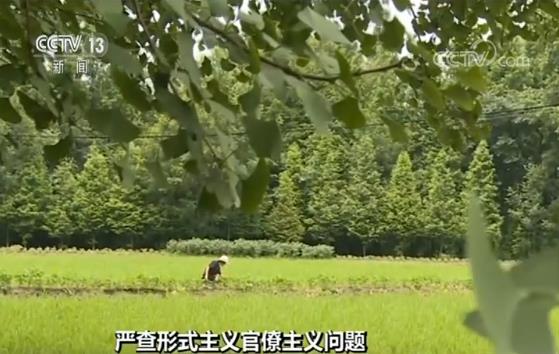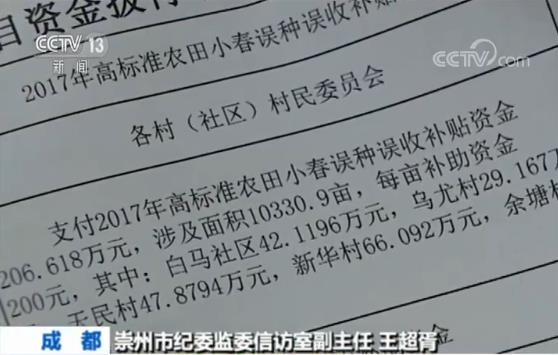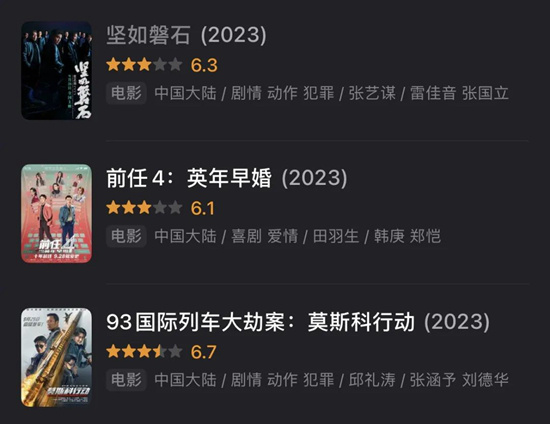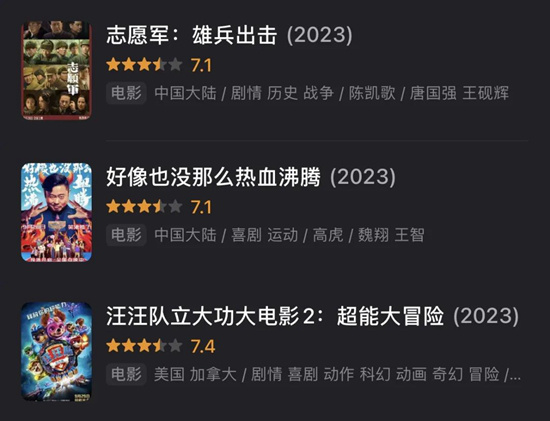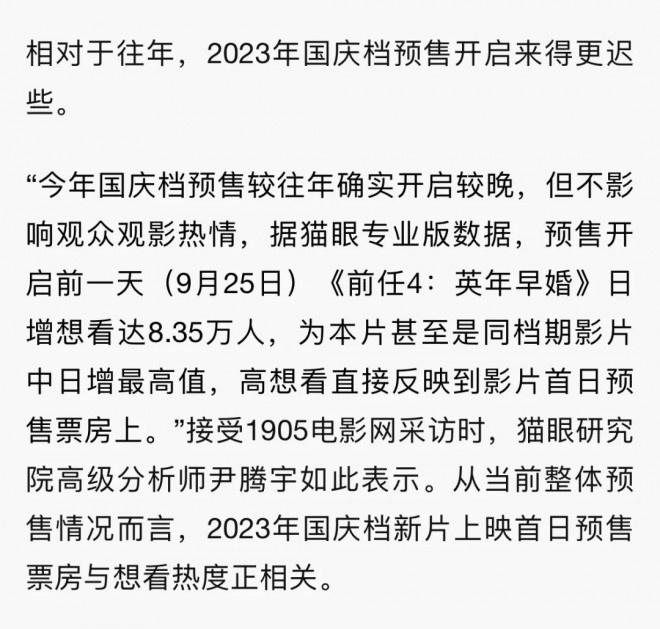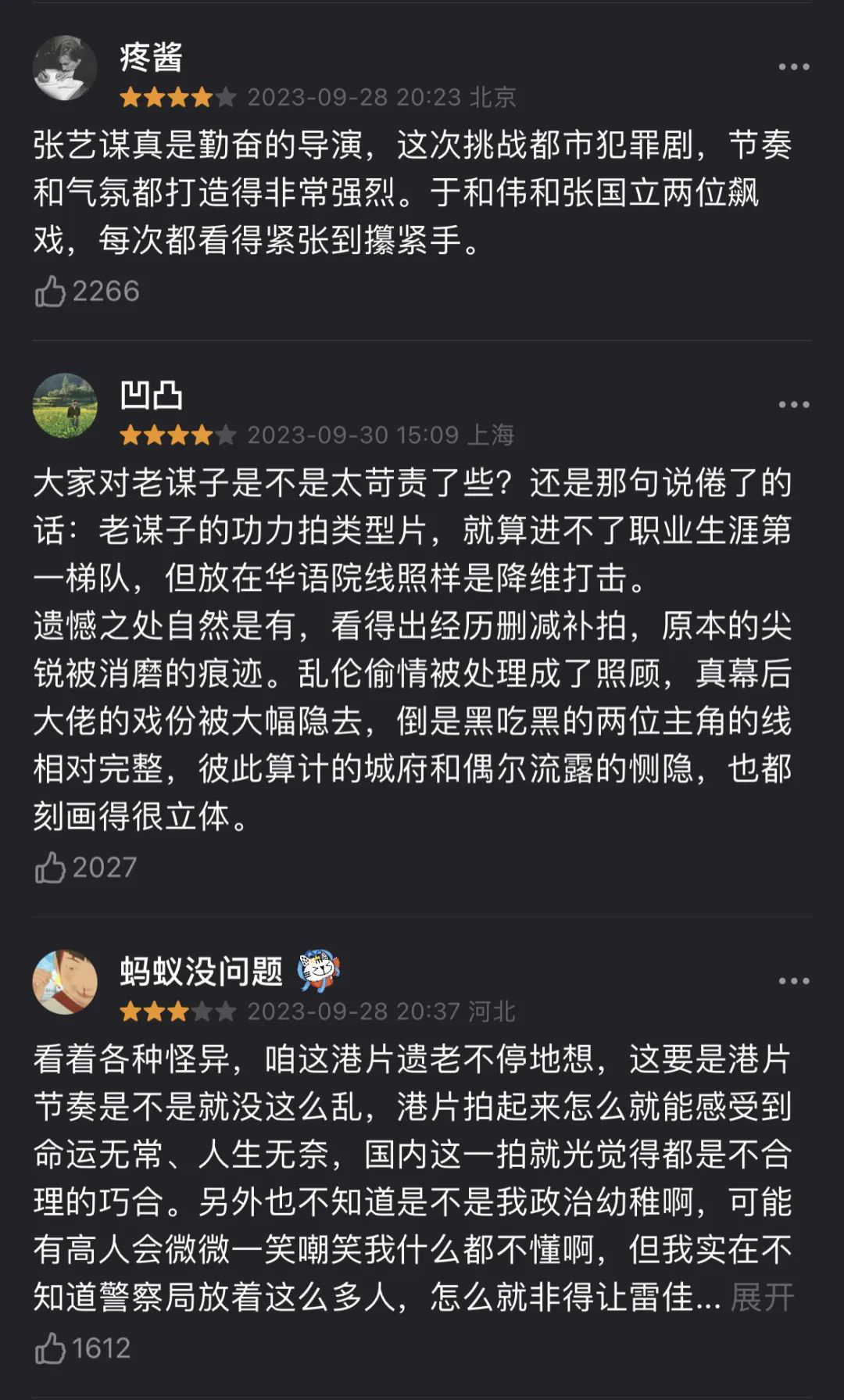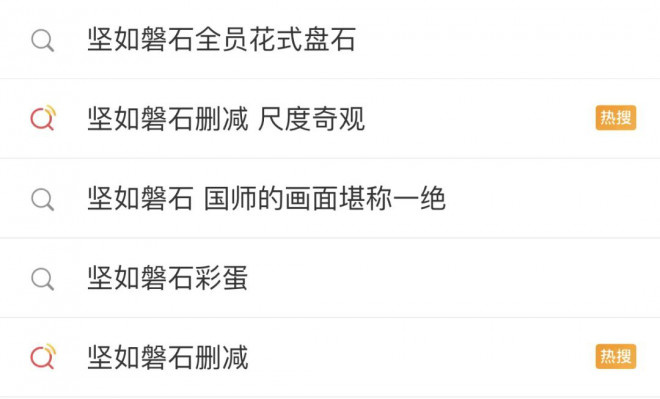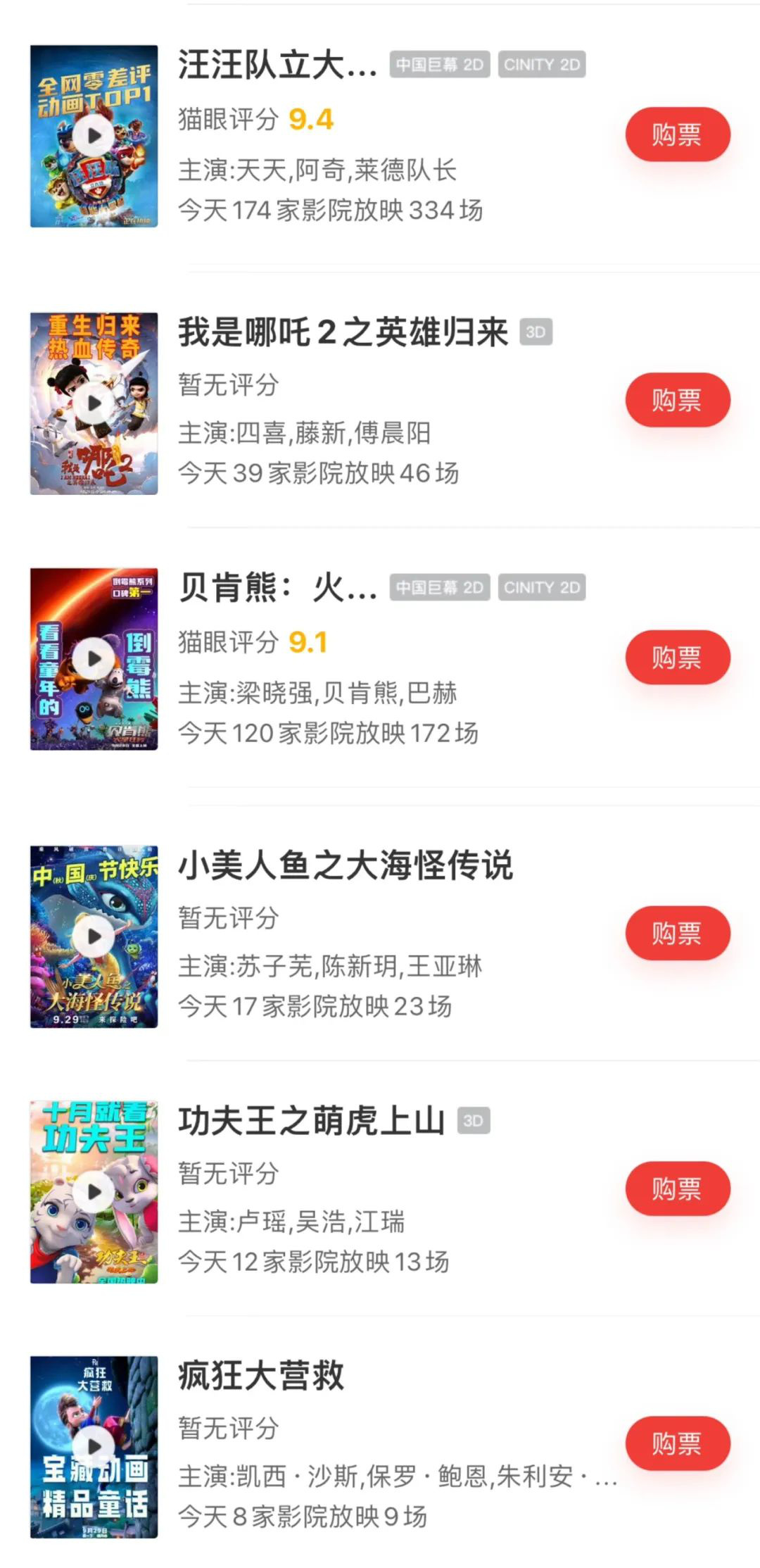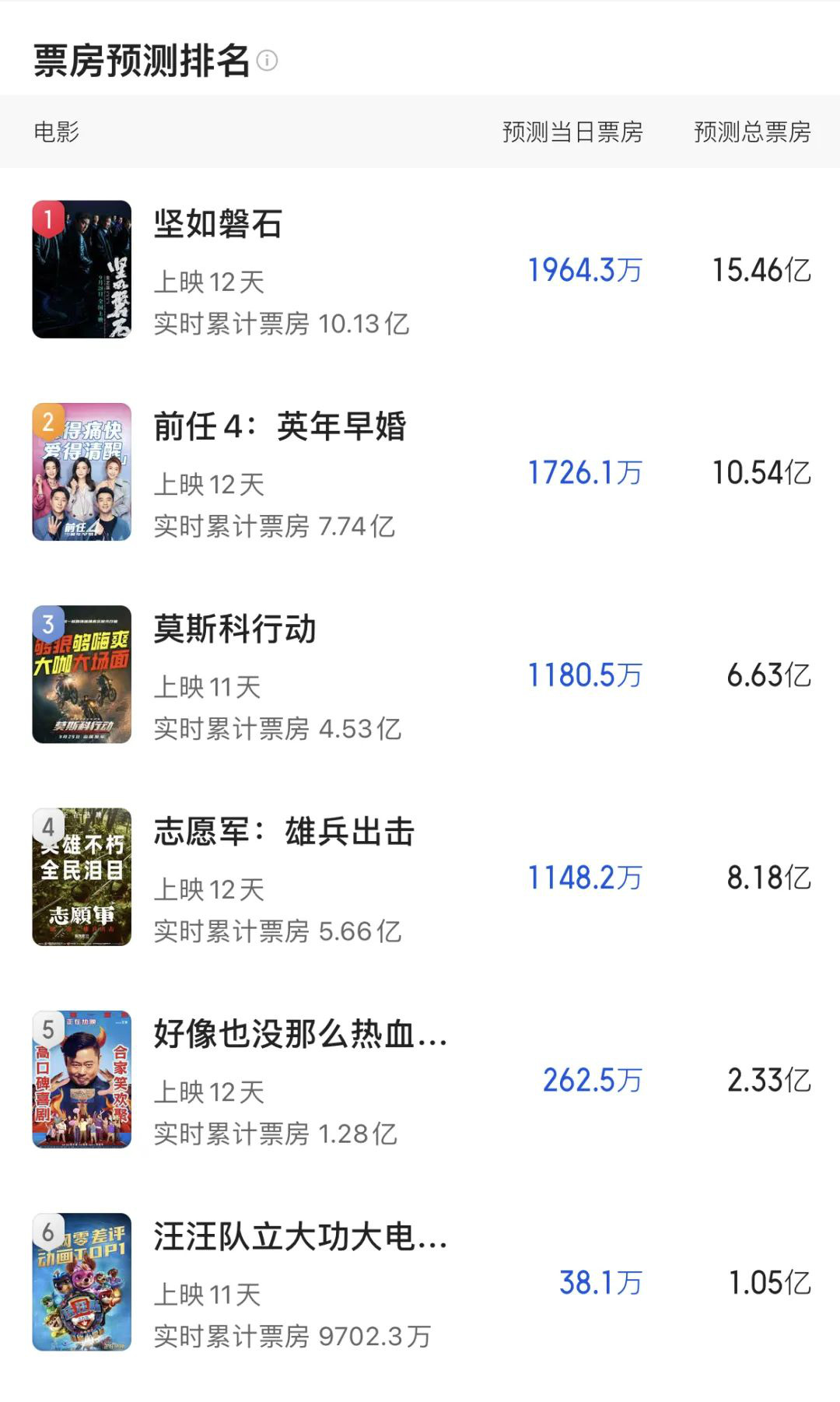"Three points of treatment, seven points of care". Nursing work serves the whole process of people’s birth, aging, illness and death, and is an important part of health care. No matter in the daily medical care work, or in the face of major natural disasters and other critical moments that threaten people’s health, the majority of nurses are adhering to the professional spirit of respecting life, saving lives, being willing to contribute, and having boundless love, and fulfilling their important duties of serving people’s health. Especially since the outbreak of the COVID-19 epidemic, nurses have undertaken a lot of epidemic prevention and medical treatment, and made important contributions.
The CPC Central Committee and the State Council have always attached great importance to nursing work, stressed the need to care for nurses, and regarded strengthening the construction of nurses as an important basic work for the development of health care. After continuous construction, since the 18th National Congress of the Communist Party of China, the number of nurses in China has continued to grow and develop, the quality of the team has been continuously improved, the ability of nursing service has been continuously improved, and the service field has been continuously expanded.
The problem of inversion of medical care ratio has been fundamentally reversed.
In recent ten years, the number of nurses in China has increased by an average of 8% every year.
"By the end of 2021, the number of nurses had exceeded 5 million, reaching 5.018 million, more than double that of 2012, with an increase of 101%. The number of registered nurses per 1,000 population has reached 3.56, and the ratio of medical care has developed from 1: 0.95 in 2012 to 1: 1.17 in 2021, and the problem of inversion of medical care ratio has been fundamentally reversed. " Guo Yanhong, Ombudsman of National Health Commission Medical Administration Hospital Authority, said, "At the same time, nearly 80% of the nurses have college education or above, and the overall quality and professional ability of the nurses have been continuously improved."
Guo Yanhong said that during the development of the nursing team, special attention was paid to the grassroots to meet the health and nursing needs of the grassroots. "The number of nurses engaged in nursing work at the grassroots level reached 1.15 million in 2021. In 2012, that is, ten years ago, there were only 528,000 nurses at the grassroots level, an increase of 620,000 and a doubling." She said.
In recent years, with the development of medical and health care, the demand for male nurses in many nursing posts has increased, and the proportion of male nurses has been increasing, accounting for 3% by the end of 2021, a lot higher than 1.8% in 2012.
With the increase of the number and ability of nurses, the quality of nursing has been continuously improved, the satisfaction of patients has been continuously improved, and the service field of nurses has been continuously expanded.
"We have accelerated the promotion of home medical care services. Nurses have extended nursing services to communities and families, and strived to provide diversified nursing services for the elderly, women and children, and patients with chronic diseases." Guo Yanhong introduced that, at the same time, with the help of the new format of "internet plus", he provided on-site medical care services for the masses.
At the same time, in the process of deepening medical reform, the incentive mechanisms such as salary distribution, professional title promotion, reward and evaluation of nurses give priority to front-line and grassroots posts, which effectively mobilized the enthusiasm of nurses. Especially in recent years, with the joint efforts of all walks of life, the social atmosphere of caring, supporting and caring for the nurses has gradually formed, and the nurses have been stable and developed.
"internet plus Nursing Service" expands to the whole country.
On October 27th, 2021, the First People’s Hospital of Yunnan Province held the launching ceremony, becoming the first provincial hospital in the province to officially launch the "internet plus Nursing Service".
"The work of’ internet plus Nursing Service’ will be carried out in stages, scientifically, steadily and step by step." Jin Lifen, director of the nursing department of the First People’s Hospital of Yunnan Province, said that in combination with the actual situation of the hospital, the nursing department first selected 11 low-risk and high-demand service projects, including wound dressing change, neonatal care and ostomy care, for trial implementation. Considering that door-to-door service is still in the exploration and trial stage, in order to ensure the safety of both nurses and patients, at present, the First People’s Hospital of our province only promotes the door-to-door service to patients who are discharged from our hospital after hospitalization and meet the requirements of door-to-door service through comprehensive medical evaluation, and then gradually expands the service population in the later stage.
Yunnan’s move is also the implementation of National Health Commission’s previous requirements. In 2019, National Health Commission issued the "internet plus Nursing Service Pilot Work Plan", which decided to launch the pilot project in six provinces and cities, including Beijing, and put forward requirements for service providers, service targets, service items, related responsibilities, risk prevention and control, etc. In 2020, National Health Commission issued a notice, proposing to expand the pilot work of "internet plus Nursing Service" to the whole country.
"Internet nursing service is a process, but the public is more concerned about the results of this process." Li Ang, deputy director of the Beijing Municipal Health and Health Commission, said that, to this end, it is necessary to first make clear the subject of responsibility, which must be a physical medical institution, and secondly to make clear the qualifications of nurses. By the end of 2021, there were 7,362 nurses in the city, who were registered and put on record in physical medical institutions, and had to undergo pre-job training before they could come to serve patients.
"We require all projects to comply with seven principles, that is, safety, necessity, effectiveness, low medical risk, easy operation and implementation, disinfection and isolation up to standard, and try to avoid adverse reactions." Li Ang said that the number of Internet home care services in Beijing has increased from 25 to 39-8 for health assessment and guidance, 20 for clinical care, 7 for professional care, 2 for rehabilitation care, 1 for hospice care and 1 for TCM care. All pilot institutions should choose from these options to provide services, and some projects are jointly provided by the team of "medical practitioners and practical nurse".
Accelerate the development of medical care services for the elderly
The 14th Five-Year Plan period is a crucial period for the development of health undertakings in China.
According to Guo Yanhong, the main goals of the development of nursing during the 14th Five-Year Plan period are: on the one hand, to strengthen the construction of nurses, including the increase of the number of nurses, the improvement of nurses’ ability and the mobilization of nurses’ enthusiasm; on the other hand, to expand nursing services, so that nursing work can better serve people’s health in all fields and meet the health needs of the people.
In terms of the construction of nurses, by 2025, the total number of nurses in China will reach 5.5 million, the number of registered nurses per 1,000 population will reach 3.8, and the ratio of doctors to nurses will reach 1: 1.2. In addition, while increasing the number of nurses, the ability of nurses is improved through training, and in the distribution of nurses, it is more inclined to the grassroots.
In the field of nursing service, "the connotation and extension of nursing should be further expanded during the 14 th Five-Year Plan period, especially the supply of the elderly, community and home should be continuously improved." Guo Yanhong said that by optimizing the layout of nursing resources, combining the demographic changes, the characteristics of disease spectrum and the needs of people’s medical care services, we will improve the continuous nursing service system covering acute diagnosis and treatment, chronic rehabilitation, stable care and hospice care, and increase the supply of nursing services. Especially in the fields of old age, rehabilitation, home and so on, to meet the health needs of the people.
In terms of filling the shortcomings of nursing, Guo Yanhong said that it is necessary to speed up the development of elderly medical care services, implement the promotion of elderly medical care, and develop home medical care services and long-term care. "We encourage qualified medical institutions to actively provide home care and day care services for the elderly, especially the disabled elderly, to meet the health needs of the people." She said. (Reporter Xiong Jian)











